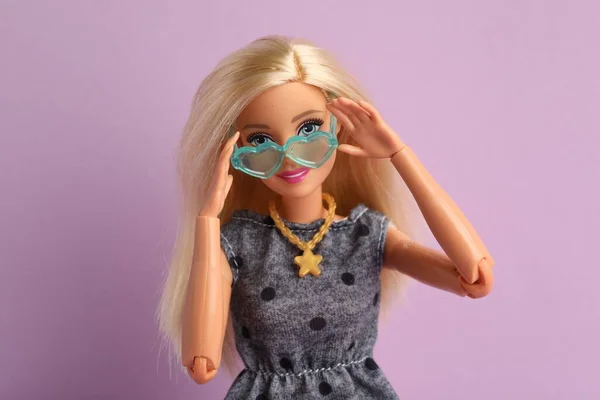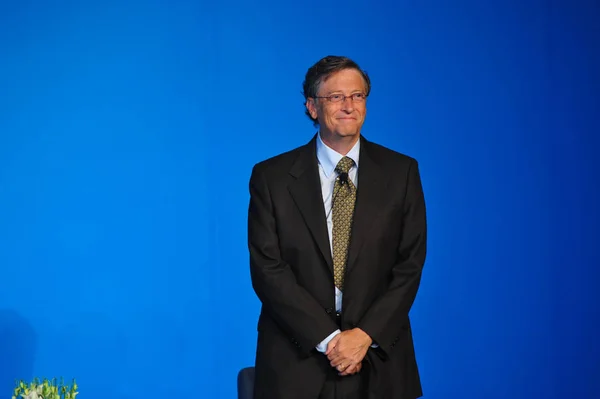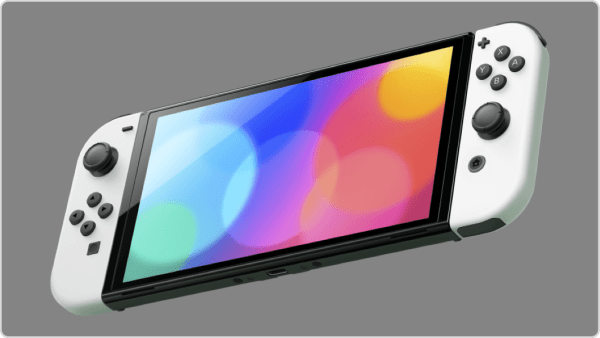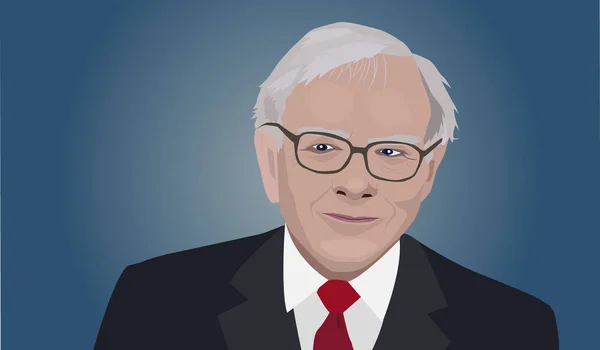Tariff Trouble: How Barbie and Other Goods Are Paying the Price

Barbie’s dream house might need a budget remodel. Thanks to new tariff policies pushed by President Donald Trump, the cost of various household items in the U.S. is climbing quickly. Consumers are already beginning to notice the change in prices on products ranging from toys to tools, with many citing tariffs as the main cause.
According to an industry note from the Telsey Advisory Group, several consumer goods including Barbie dolls, leggings, washing machines, and drills have experienced noticeable price hikes since April 2. That’s when Trump unveiled a new set of global tariffs aimed at restructuring international trade relationships, especially with China.
Between mid and late April, the price of a Target-exclusive Barbie doll surged from $10.49 to $14.99, an almost 43% increase. The change occurred in just two weeks. Similarly, a Whirlpool washing machine at Lowe’s climbed by $82, reaching a new price tag of $599, demonstrating the impact tariffs may be having on essential goods.
Clothes and tools were also affected. Telsey’s report noted that Girl’s Cat and Jack leggings at Target jumped from $4.50 to $6. A Dewalt drill from Tractor Supply went up by $20, landing at $179, though a temporary sale dropped it to $99. These shifts indicate that pricing adjustments are happening quickly and unevenly.
The pricing analysis didn’t stop at basic products. Luxury goods have also been impacted. Telsey found that a Louis Vuitton Neverfull tote bag now costs $2,130, which is $100 more than it did on April 16. The spread of these price increases suggests a systemic reaction to trade pressure rather than isolated markups.
While the pricing data offers important insights, Telsey warned that the findings don’t conclusively prove that tariffs are the direct cause of all increases. The group tracked only a few products per brand and didn’t incorporate discounts or brand-specific pricing tactics, making the picture more complex than it may appear.
Some items on Telsey’s list didn’t change in price, while others even dropped in cost. Still, the advisory group argues that higher prices are probably on the horizon as tariffs continue to take effect. They caution that most companies plan to pass on increased costs to consumers instead of absorbing the financial blow themselves.
Retail executives are trying to adapt quickly. According to the report, many companies are racing to tweak supply chains and avoid regrettable pricing strategies. Tariffs have prompted decision-makers to explore alternate manufacturing regions while maintaining product quality and competitive pricing to retain customers.
Mattel CEO Ynon Kreiz stressed that design and branding work still occur in the U.S., but production must remain abroad to keep products affordable. Despite this, Trump recently threatened to slap Mattel with a 100% tariff if they moved operations out of the country — though how he might enforce such a measure remains unclear.
What's Your Reaction?





















